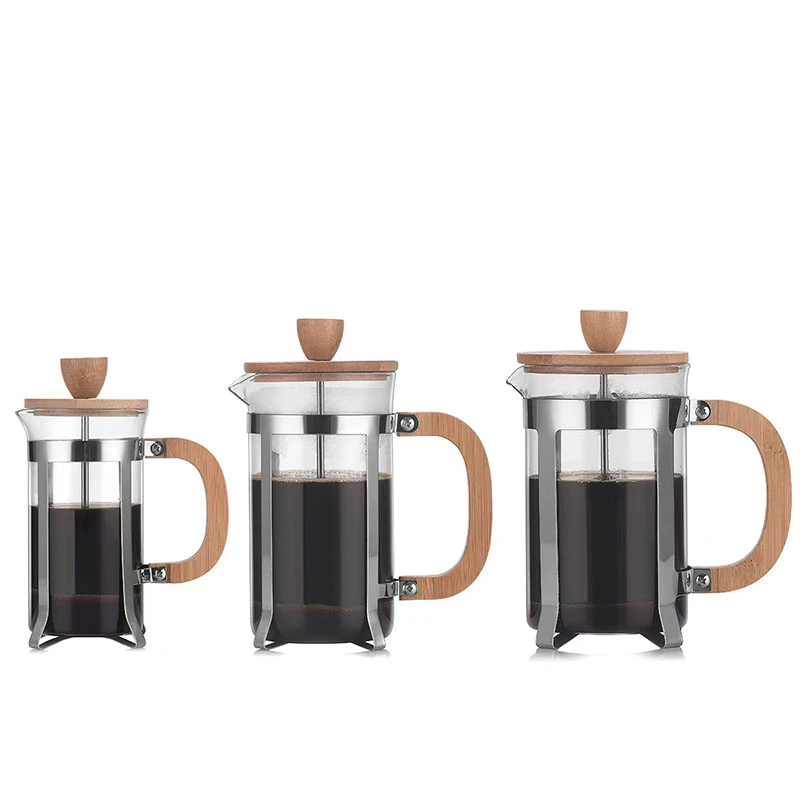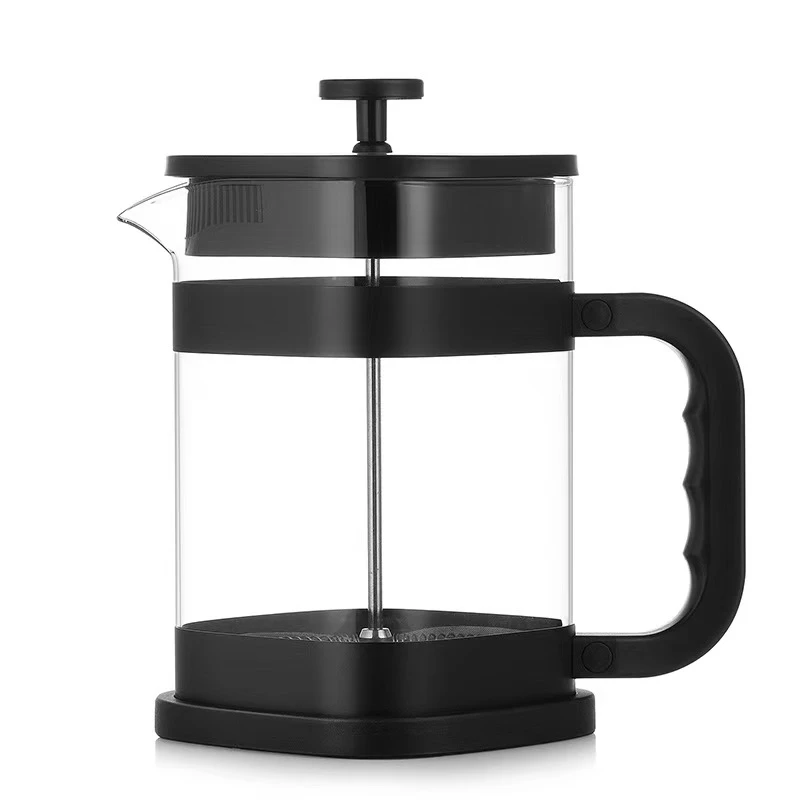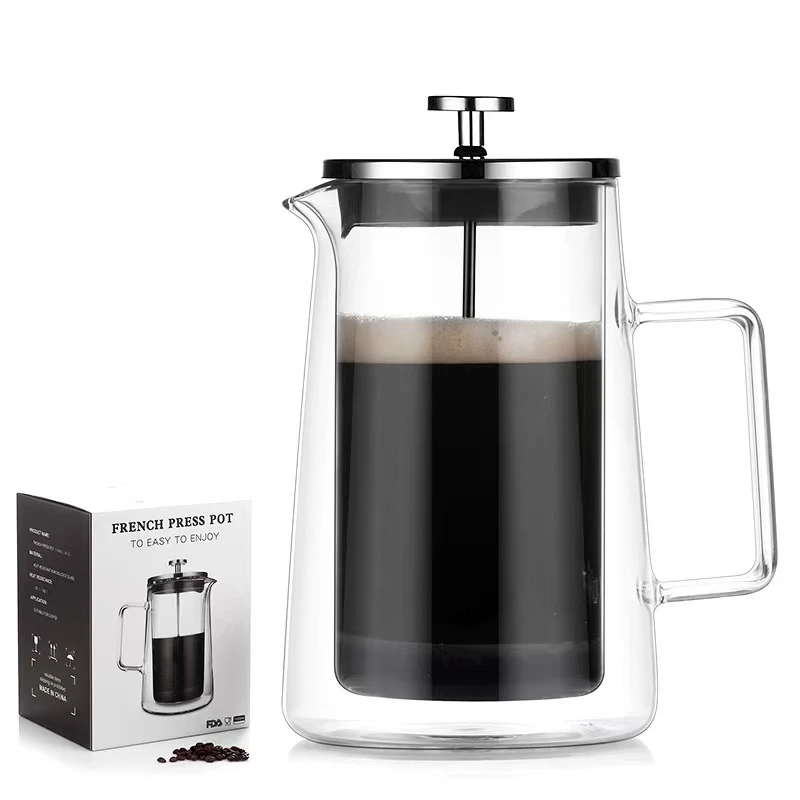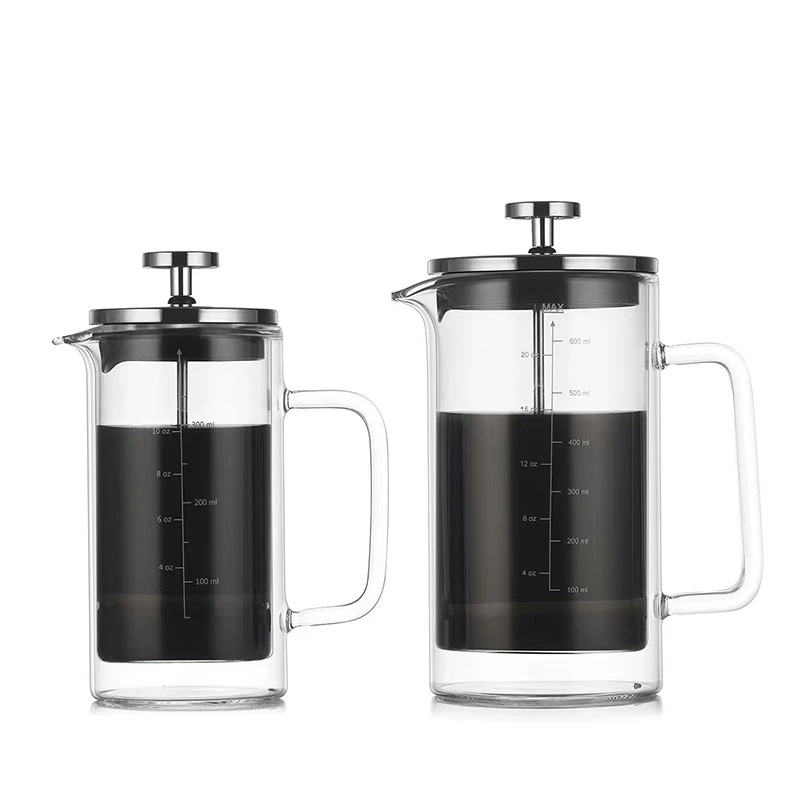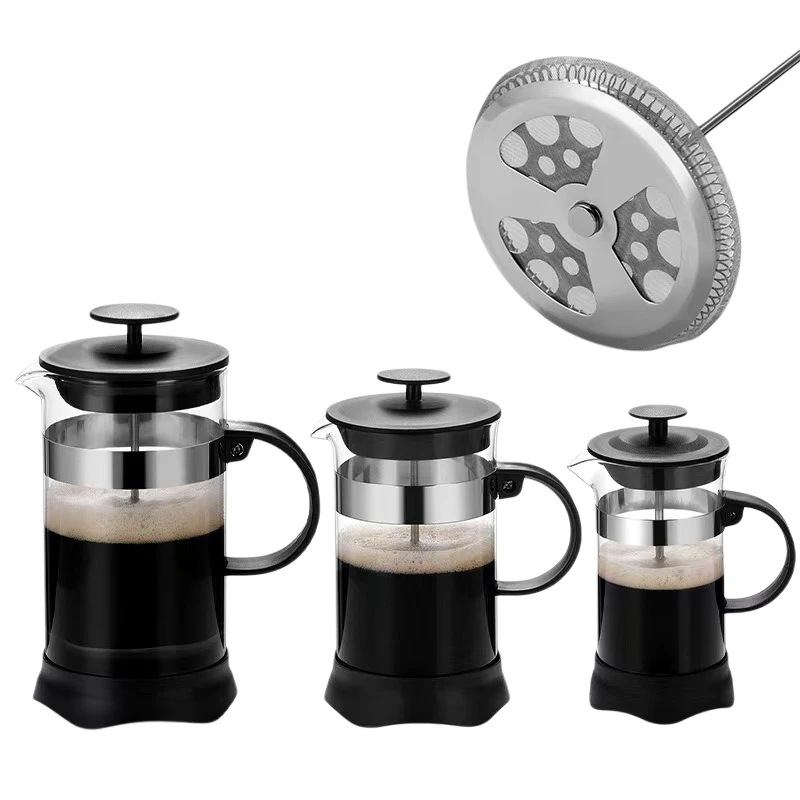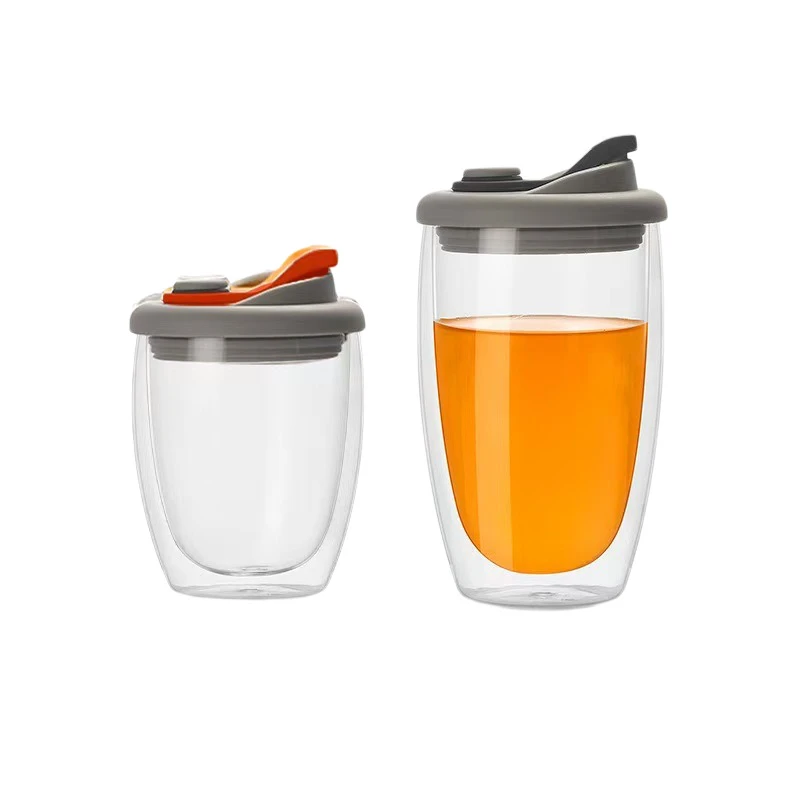 TEL: +86 311 67799298
TEL: +86 311 67799298 Email: tina@yintoglassware.com
Email: tina@yintoglassware.com
glass food box
The Allure of Glass Food Boxes A Sustainable Future for Food Storage
In recent years, the way we store food has undergone a significant transformation, driven not only by convenience but also by a growing awareness of environmental sustainability. Among the various options available on the market, glass food boxes have emerged as a favored choice for many households. These elegant, versatile containers provide numerous benefits that make them an attractive alternative to plastic or other materials. In this article, we explore the advantages of glass food boxes and their role in promoting a sustainable lifestyle.
The Appeal of Glass
One of the main reasons for the rising popularity of glass food boxes is their aesthetic appeal. Unlike their plastic counterparts, which can scratch, warp, or stain over time, glass containers maintain their clarity and elegance even after prolonged use. This makes them suitable not just for storage, but also for serving meals directly from the kitchen to the dining table. The visual aspect of food is significant, and glass food boxes allow the vibrant colors and textures of food to shine through, making meals more inviting.
Moreover, glass is a non-porous material, meaning it does not absorb odors, flavors, or stains. This quality not only preserves the taste and quality of food but also makes cleaning a breeze. Glass containers can be easily washed by hand and are often dishwasher-safe, simplifying the post-meal cleanup process. Additionally, with a wide range of designs and sizes available, glass food boxes cater to various storage needs, from meal prep to leftovers, accommodating everything from grains and pasta to salads and desserts.
Safety and Health Considerations
Another critical advantage of glass food boxes is their safety compared to plastic containers. Many plastic products contain harmful chemicals like BPA (Bisphenol A), which can leach into food and potentially pose health risks. In contrast, glass is a naturally inert material, meaning that it does not react with food, ensuring that no harmful substances contaminate meals. This aspect is particularly important for families with young children or individuals sensitive to chemicals.
Additionally, glass food boxes are often designed to be microwave and oven-safe, allowing for versatile use in meal preparation. This flexibility encourages healthier cooking methods, such as steaming or baking, which can enhance the nutritional value of food. By using glass containers, individuals can take control of their cooking and storage practices, promoting a healthier lifestyle overall.
glass food box
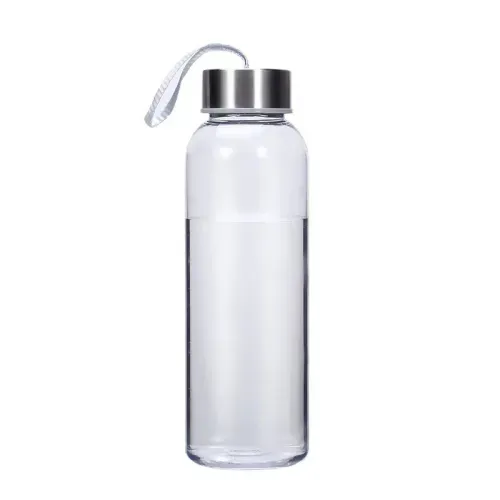
Environmental Impact
As the world grapples with the plastic pollution crisis, making sustainable choices in everyday life has never been more critical. Glass food boxes offer an eco-friendly alternative to single-use plastics. Unlike plastic, glass is recyclable and can be reprocessed indefinitely without losing quality. This means that by choosing glass containers, consumers can significantly reduce their environmental footprint.
Moreover, investing in reusable glass food boxes contributes to a culture of sustainability. Fewer disposable plastic containers in landfills can lead to a decrease in environmental degradation, preserving natural resources and ecosystems. By incorporating glass food boxes into our daily routines, we can make a small but meaningful impact on the planet.
Economical Considerations
Although glass food boxes may come with a higher upfront cost than plastic options, their durability and longevity make them a wise investment. Unlike plastic, which may need to be replaced frequently due to wear and tear, glass containers do not crack or lose their shape over time. This longevity translates to cost savings in the long run, as families will spend less on replacements and disposable items.
Additionally, glass food boxes often come with airtight lids, which help retain food freshness and extend shelf life. This potential reduces food waste, an often-overlooked aspect of sustainability. By keeping food fresh for longer, families can enjoy their meals without the worry of spoilage, leading to less waste and more thoughtful consumption.
Conclusion
In conclusion, glass food boxes represent more than just a trend; they symbolize a shift towards a healthier, more sustainable way of living. With their aesthetic appeal, safety, environmental benefits, and long-term cost efficiency, glass food boxes offer an array of advantages over traditional plastic storage solutions. As consumers continue to seek ways to reduce their environmental impact and promote healthier living, glass food boxes stand out as an ideal choice for modern households, blending practicality with a commitment to sustainability. By embracing these containers in our daily lives, we can look forward to a future that prioritizes both personal health and the health of our planet.
-
Benefits of Vacuum Containers with Pumps for Food PreservationNewsJun.12,2025
-
Glass Food Storage Container with Lid for Seal PreservationNewsJun.12,2025
-
Styling Amber Glass Plates for Modern TablescapesNewsJun.12,2025
-
Benefits of Double Wall Coffee Cups for Heat RetentionNewsJun.12,2025
-
Colored Glass Bowls in Cultural TraditionsNewsJun.12,2025
-
Durability of Colored Glass Dinnerware Compared to CeramicNewsJun.12,2025



